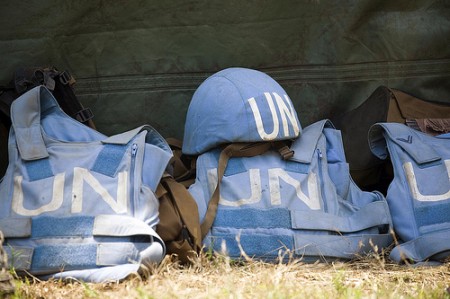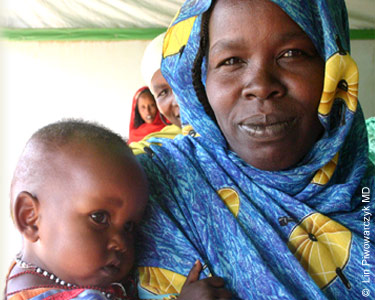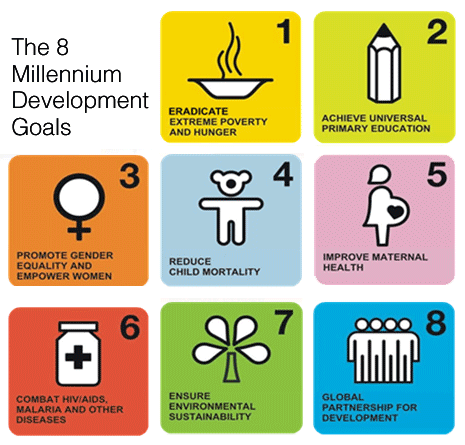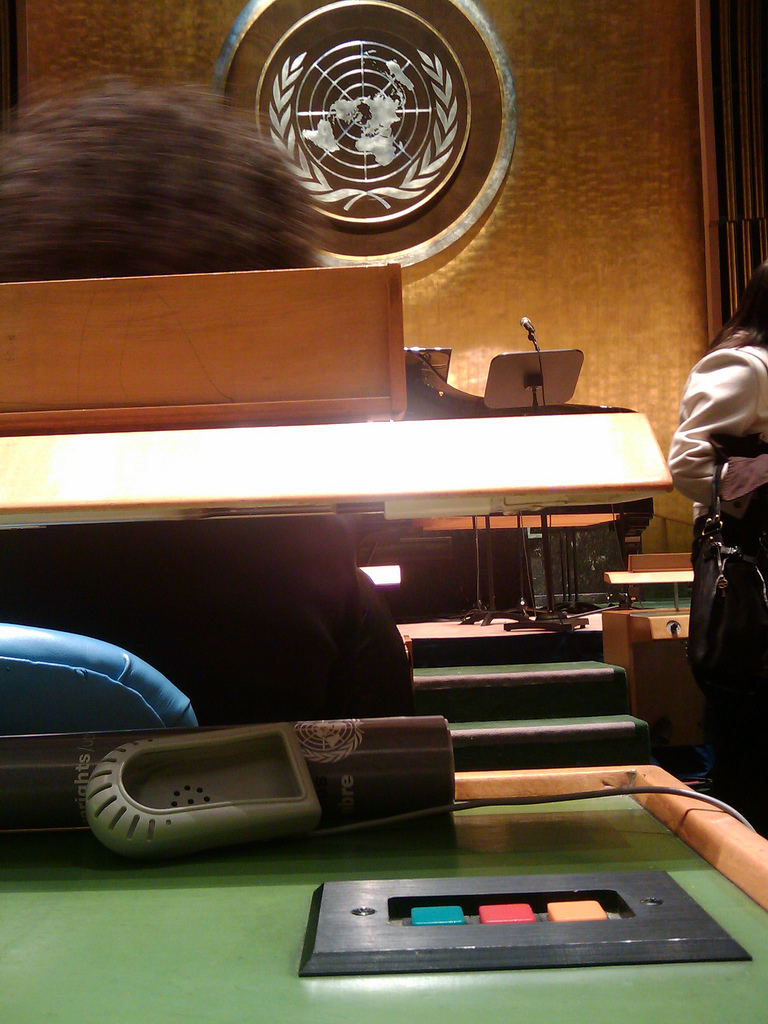
Tomorrow, on 15 January 2011, the UN Mission in Nepal (UNMIN), established to monitor Nepal’s post-civil war transition period, will come to an end amid wide concerns about the country’s still fragile peace process. Set up in 2007 and extended several times after its initial one-year mandate expired, UNMIN will be sorely missed as it clearly played a stabilizing role during this volatile period in the country’s history.
The Nepali Civil War, a conflict between government forces and Maoist rebels, began with a Maoist-led insurgency on 13 February 1996, with the aim of overthrowing the Nepalese monarchy and establishing a “People’s Republic of Nepal”. During the conflict, more than 12,800 people were killed, and an estimated 100,000 to 150,000 Nepalese were internally displaced. The bloodshed finally ended with a Comprehensive Peace Accord which was signed on 21 November 2006, and which was monitored by UNMIN during the following years.
The treaty called for the drafting of a new constitution and the integration of an estimated 19,000 Maoist combatants into state security forces – though the exact terms of how, and how many Maoists would be integrated were never defined. It was thus to nobody’s surprise that when the peace process finally came to a standstill in 2008, it was because of differences about the integration of these fighters into the army.




